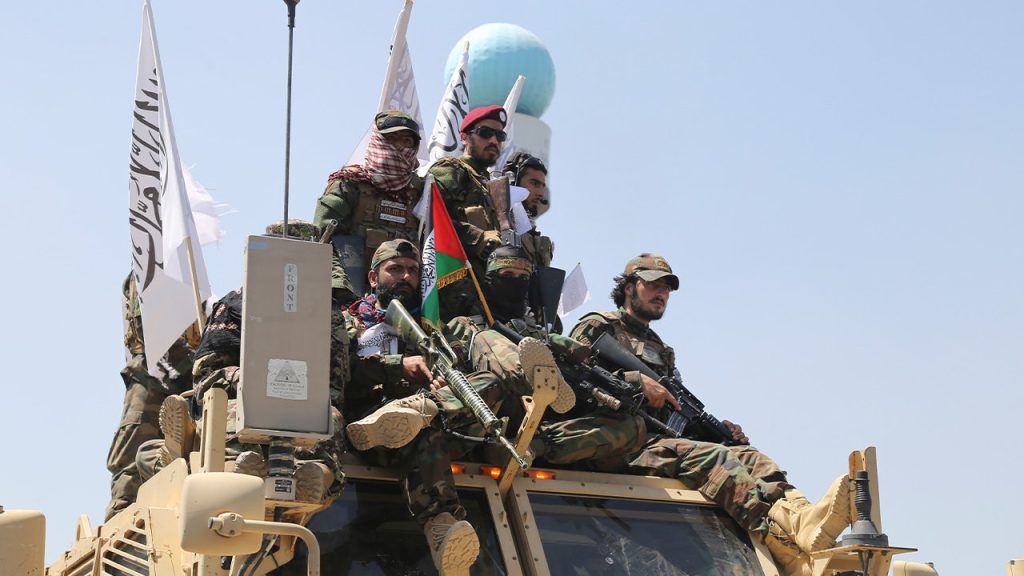Life in Afghanistan has been steadily deteriorating under Taliban rule for the past three years, with a increasing humanitarian crisis, severe food insecurity, and limited access to basic resources for nearly 70% of the population. The economy has collapsed in the wake of the Taliban’s takeover of Kabul in August 2021, leading to widespread poverty and desperation among the Afghan people. The Taliban has enforced oppressive bans on women, denying them access to education and the workplace, and has reintroduced harsh punishments such as public floggings and executions.
Many experts believe that life in Afghanistan is now worse than it was before the U.S. invasion following the 9/11 attacks. The Taliban’s Supreme Leader, Mullah Hibatullah Akhundzada, has threatened to reinstate stoning women to death for adultery, a brutal punishment that was never fully eradicated even during the U.S. occupation. The Taliban has become better resourced in recent years, finding ways to siphon off funding for its own gain despite not being directly funded by international humanitarian groups.
In a display of power and defiance, the Taliban recently paraded American weapons and military hardware at Bagram Air Base, the former largest U.S. military base in Afghanistan. Speeches championing Taliban efforts to eliminate internal opposition were made, emphasizing the isolation of the country from the international community. The display of former U.S. military machinery along with armed soldiers served to emphasize the Taliban’s control and authority in the region.
Despite Afghanistan’s history of human rights violations and support for terrorist organizations, some countries have begun to engage diplomatically with the Taliban. However, Western nations remain deeply concerned about the resurgence of terrorist groups in the region, with al Qaeda operating training camps in at least 12 provinces with little opposition. The situation in Afghanistan is considered far more dangerous now than it was before the 9/11 attacks, with the Taliban providing support and shelter to terrorist organizations.
Overall, the situation in Afghanistan continues to worsen as the Taliban tightens its grip on power and enforces oppressive measures on the population, particularly women. The humanitarian crisis in the country is escalating, with a large percentage of the population facing food insecurity and limited access to basic resources. Despite some diplomatic engagement with the international community, Afghanistan remains isolated and poses a significant threat as a haven for terrorist groups. The future for Afghans living under Taliban rule appears bleak, with little hope for improvement in the near future.


